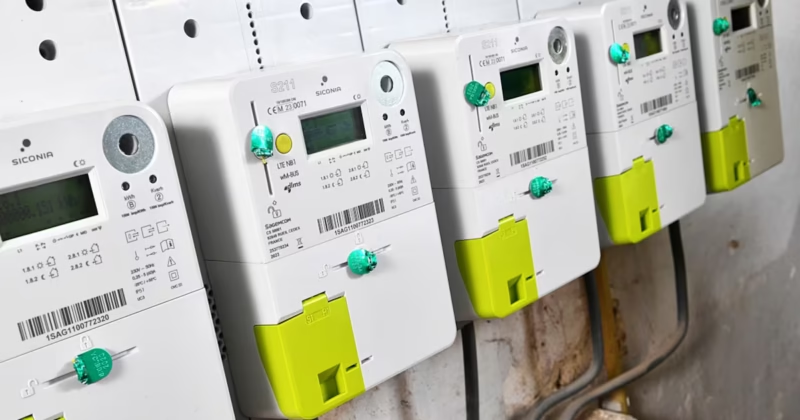Energy transition takes a new step in Morocco. After several years of development, the regulatory framework for self-production of electricity is now ready. The imminent publication of the final application decrees of Law 82-21 will enable individuals, businesses, and industries to produce, store, and sell their own electricity within a clearly defined legal framework.
Adopted in 2021, this law aims to democratize access to renewable energy and decentralize electricity production. Its effective implementation had been hindered by the lack of application texts. This blockage is set to be lifted: four decrees have just been finalized and sent to the General Secretariat of the government. Their imminent adoption paves the way for a new energy model, more flexible, inclusive, and competitive.
The regulatory framework is structured around three regimes based on installed power. Domestic installations below 11 kW will be subject to a simple declaration. Between 11 kW and 5 MW, a formal connection must be requested from ONEE or the regional multi-utility companies. Beyond that, a specific authorization will be required and issued by the Ministry of Energy Transition. The access threshold to the grid, previously set at 300 MW, is now lowered to 5 MW, significantly broadening the spectrum of eligible players, particularly small and medium-sized industrial enterprises.
For households, this reform allows for the installation of photovoltaic panels covering the majority of domestic needs. Even better, producers will have the option to sell up to 20% of their annual output to the grid operator while utilizing storage solutions to enhance their energy autonomy.
Beyond individual self-production, the reform seeks to structure a true ecosystem around renewable energy. A support fund is planned to assist small and medium-sized enterprises specializing in the installation and maintenance of equipment. The state also wishes to encourage local manufacturing of essential components, such as solar panels, batteries, and intelligent management systems.
The new decrees also set out the conditions for storage and curtailment, a crucial measure to maintain grid stability. In the event of temporary surplus, operators will be able to reduce electricity injection into the grid, as is already practiced in other countries with high penetration of renewable energy.
Finally, the texts provide for the installation of smart meters and the issuance of certificates of origin ensuring the traceability of produced green electricity. This advancement aligns with international requirements, particularly those imposed by carbon tax mechanisms in the European Union.
With this comprehensive framework, Morocco sends a strong signal to its citizens and industries: that of an open, competitive energy transition focused on local innovation.


